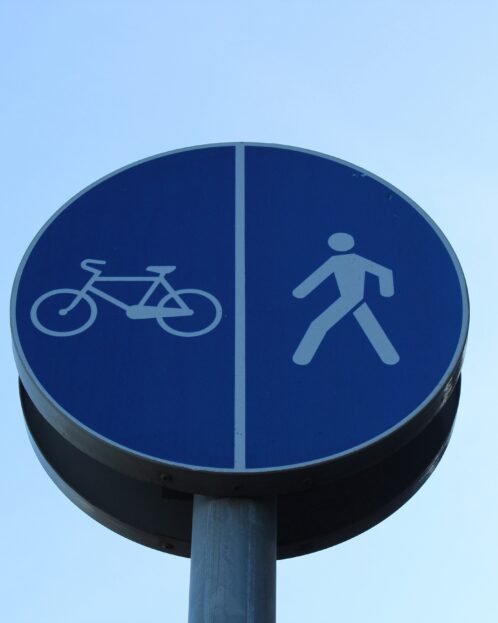2016
Rockhampton
Department of Transport and Main Roads & the Rockhampton City Council
NineSquared was engaged with AECOM by Department of Transport and Main Roads in conjunction with the Rockhampton Regional Council to assess the potential benefits of allowing Type 1 road trains direct access through Rockhampton to the Teys and JBS abattoirs.
Type 1 road trains can carry approximately 25% more cattle than the next best alternative vehicle option (B-double) and they are the preferred option for transporting cattle particularly over longer distances, but they are currently restricted from entering Rockhampton. Instead operators must decouple their rigs at Gracemere and make separate trips to the abattoir with each trailer. This is time consuming and potentially hazardous to both the cattle and truck driver. Our role on the project was to estimate the benefits that would accrue if these restrictions were removed.
The project required extensive interviews with transport operators to estimate the proportion of vehicles that are currently Type 1 road trains, the additional time required to decouple the rigs and make an additional trip into Rockhampton and the potential for operators to switch to Type 1 road trains. We then cross checked this analysis using detailed origin data provided by the abattoirs and road count data from the Capricorn Highway and abattoirs access roads and built a model that calculated the benefits of the upgrade over a thirty year period.
Benefits were derived primarily from the reduced travel time, vehicle operating costs, emissions and safety risks accruing to the existing Type 1 operators that would no longer have to decouple their rigs. Additional benefits were also derived from an increase in total number of cattle transported on Type 1 road trains, although the potential for vehicle switching was found to be limited by restrictions on Type 1 road trains access roads to some cattle producing regions, notably those along the Bruce Highway.
Connect with our team
Contact
 Download
Download




 More projects
More projects